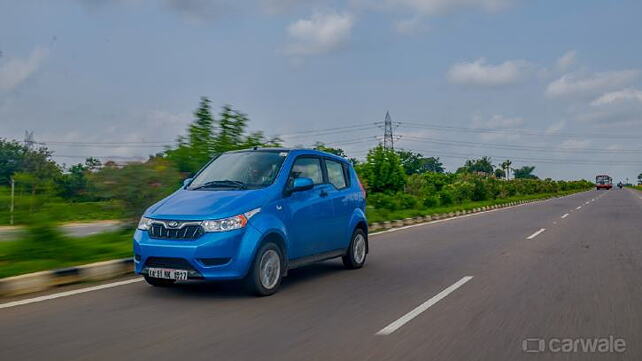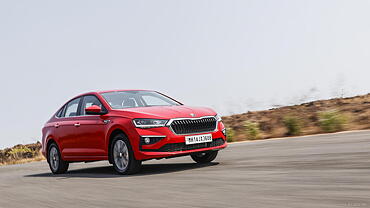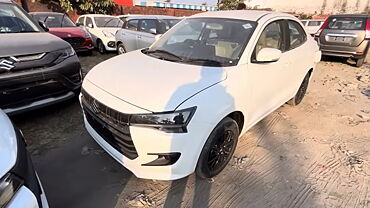
-Grant Thornton-CII Report released at e-mobility summit on 25 May
-Road blocks revealed to be transitional costs and lack of transparency in government policies
-Report also reveals global trends directing future vehicle developments
A report by Gran-Thornton and CII has revealed that transitional costs and lack of transparency in government policies with regard to electric vehicles are the major hurdles affecting their growth in India today.
The term transitional costs has a much deeper meaning as it involves factors like access to lithium-ion battery development, investment by OEMs as well as infrastructure development with regard to EVs. The report has also highlighted that the Centre needs to provide full clarity on how it plans to roll out subsequent versions of the FAME subsidy and whether this will support hybrids and EVs or just the latter.
Globally manufacturers have adopted the route of hybrids followed by EVs as the path of future mobility and, in our opinion, this should be the way to go considering our power infrastructure and the demands currently placed on it. The report hints at private participation as a means to expand the infrastructure and calls for an amendment to the Electricity Act 2003, to enable such a development.
The report reveals that globally there are three trends affecting the auto industry and directing their path to the future. This comprises shift from internal combustion engines to EVs, autonomous driving technology and capability development across sensor and data integration.
Given that we are the 4th largest car market in the world but still relatively behind when it comes to being on par with the other three above us, there is scope for the Indian car market to change the direction it will take in the future. By supporting a path of hybrid cars to EVs as the way ahead, as is being done around the world, there is scope for this transition to be carried out smoothly and one that wouldn’t affect overall development.
















































